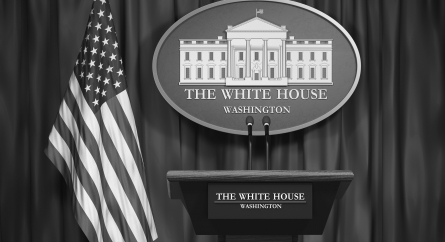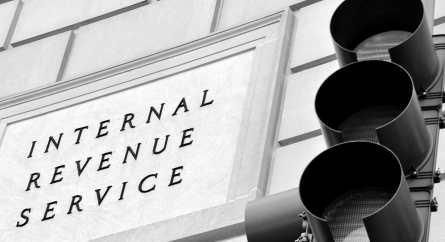Prince and Michael Jackson: Steps to Minimize Future Estate Tax on Unique, Hard to Value Assets
The estate tax settlement for Prince’s estate and the 250-page U.S. Tax Court judgment in the Michael Jackson estate tax dispute show the challenges taxpayers or their estates can face when valuing intangible and unique assets.
Representatives for Prince’s estate had argued that the estate, including its music publishing and song rights, was worth $82.3 million. The IRS had argued that the estate was worth $163.2 million. Ultimately, the parties settled on a $156.4 million valuation. Representatives for the Michael Jackson estate argued the estate was worth $5.1 million, while the IRS argued it was worth $482 million. The U.S. Tax Court concluded that certain of the IRS’s projections that related to the estate’s future revenue were fantastical and valued the Michael Jackson estate at $111.5 million.
The first difficulty with valuing such unique assets is that they are not like shares of publicly traded stock that are easy to monetize. Three different approaches are used to determine the value of such assets: the income, market, and cost approaches. The income approach values an asset by calculating how much revenue it will produce in the future and discounting that revenue back to its present value. The market approach values an asset by comparing it to the prices at which similar assets have changed hands in arm’s length transactions close in time to the date of death. The cost approach values an asset by computing the cost of recreating it. Such different valuation approaches can lead to substantially different values for assets.
In addition, because the estate tax is based on asset values at one point in time (i.e., the decedent’s date of death), the value calculation does not take into account the fluctuations in value that can occur with intangible and unique assets. Indeed, most of the Michael Jackson estate tax dispute centered on the fact that the value of Michael Jackson’s likeness increased tremendously after his passing.
Similarly, if a taxpayer dies at a time when the business is doing well, the estate tax might be significant even if, later, the business falters and is worth less.
To prevent the arbitrary imposition of estate tax at one point in time, taxpayers should work with their advisers to plan transfers of unique assets in advance by setting up partnerships or LLCs to own the assets and by transferring interests in such entities over time. One can also make charitable contributions of unique assets that might be difficult to sell in the future. Speak with your tax adviser to discuss ways to reduce the risk of uncertain future estate taxes imposed on unique assets.
Categorized: Estates
Tagged In: estate tax, unique assets











